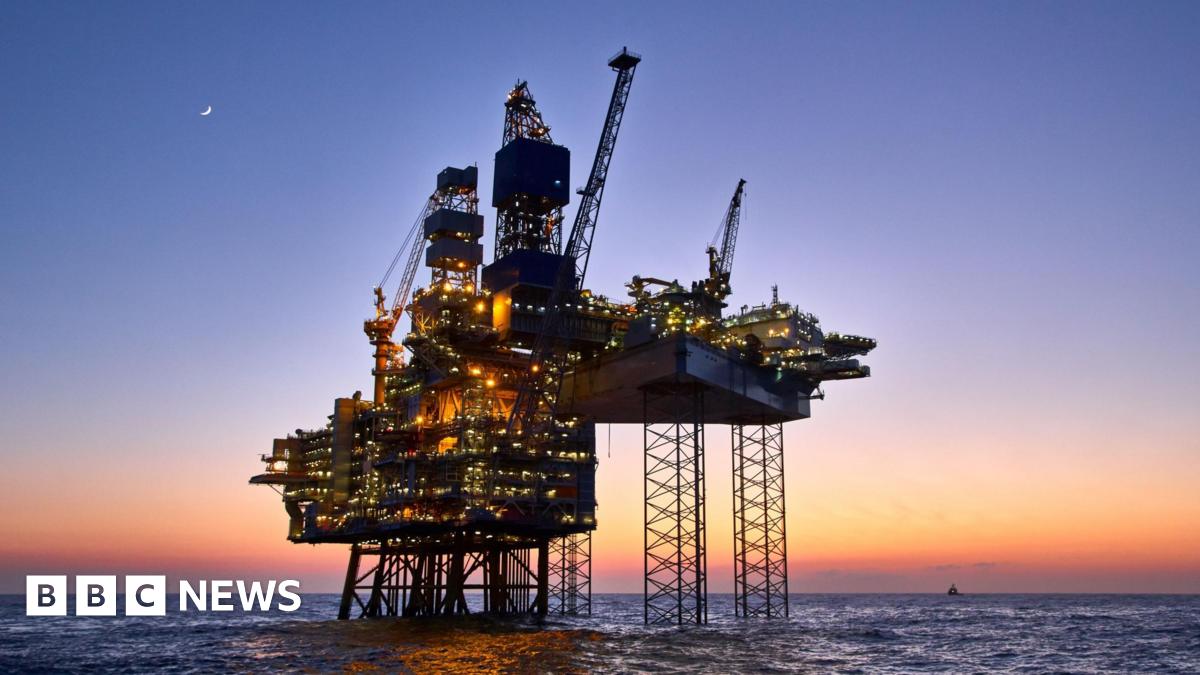Until recently such projects were only required to consider the impact on the environment from extracting the fossil fuels.
But in June last year the Supreme Court ruled that authorities must take account of the impact from also using the products, after a woman in Surrey challenged the development of her local gas project.
This ruling was then used in a further challenge to the Rosebank oil field by environmental campaigners Uplift and Greenpeace – which was subsequently successful in January.
Equinor was required to recalculate the “full impact” of the field and it now estimates, external that it will contribute an additional 249 million tonnes of the planet warming gas CO2 over the next 25 years.
This is more than 50 times greater than the original figure of 4.5 million tonnes it gave from extracting the oil and gas.
Tessa Khan, executive director of environmental campaign group Uplift, said Rosebank would be the test of the government’s credibility on climate change.
“This enormous oil field is not consistent with the UK’s climate commitments. The world already has so much more oil than is safe to burn,” she said.
The UK has a target to produce no additional emissions by 2050 and Energy Secretary Ed Miliband has been vocal about the need to move away from fossil fuels.
On Tuesday, he told an industry conference that the UK’s dependence on fossil fuels was its “Achilles’ heel” and argued clean power was the only way to reduce bills.
The fossil fuels for the Rosebank field are not guaranteed to be used in the UK but would be sold on the international market.
As such the project is unlikely to have an impact on lowering gas prices. The UK’s independent climate advisors said in 2022 that any more domestic oil and gas extraction would have “at most, a marginal effect on prices”.
But Arne Gurtner, Equinor’s senior vice president for the UK, has previously said that: “If the UK needs Rosebank oil, it will go to the UK through open market mechanisms.”
